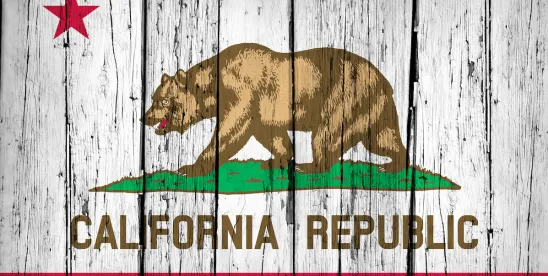Last year, the California legislature enacted two bills, SB 253 and SB 261 that purport to impose burdensome disclosure mandates on businesses. The legislature did so in spite of obvious constitutional infirmities. It was no surprise that the laws were promptly challenged by the U.S. Chamber of Commerce and others. See As Foretold, California's New Forced Speech Laws Are Being Challenged. The state responded by seeking dismissal of the lawsuit on the basis of standing. This was a disingenuous move on the part of the state, since it would only delay the challenge. If the state were truly interested in seeing the law implemented, one would expect that it would be anxious to dispel the constitutional cloud. See California Seeks To Delay Demise Of California Climate Related Disclosure Statutes, But Why?
On May Day, the plaintiffs filed their opposition to California's motion to dismiss which highlights some differences between the California statutes and the climate disclosure rule recently adopted by the Securities and Exchange Commission (and also recently challenged):
But even still, the State overstates any overlap. The SEC itself acknowledges that it and California “apply different . . . standards.” State’s RJN, Ex. 2, at 41. While the SEC rule applies only to public companies, for instance, Mot. 3, the California laws apply to public and private companies, Am. Compl. ¶ 110. And although the SEC rule requires the disclosure of Scope 1 and Scope 2 emissions in certain circumstances, 89 Fed. Reg. at 21,670; California requires these for all companies subject to S.B. 253, and also requires reporting of Scope 3 emissions, which the SEC rule does not require, and which will “cost many companies more than $1 million per year” alone, Am. Compl. ¶ 52.
A hearing on California's motion to dismiss is set to be held on June 24 at 1:30 p.m. in the courtroom of U.S. District Court Judge Otis D. Wright II. Stay tuned.



 />i
/>i

